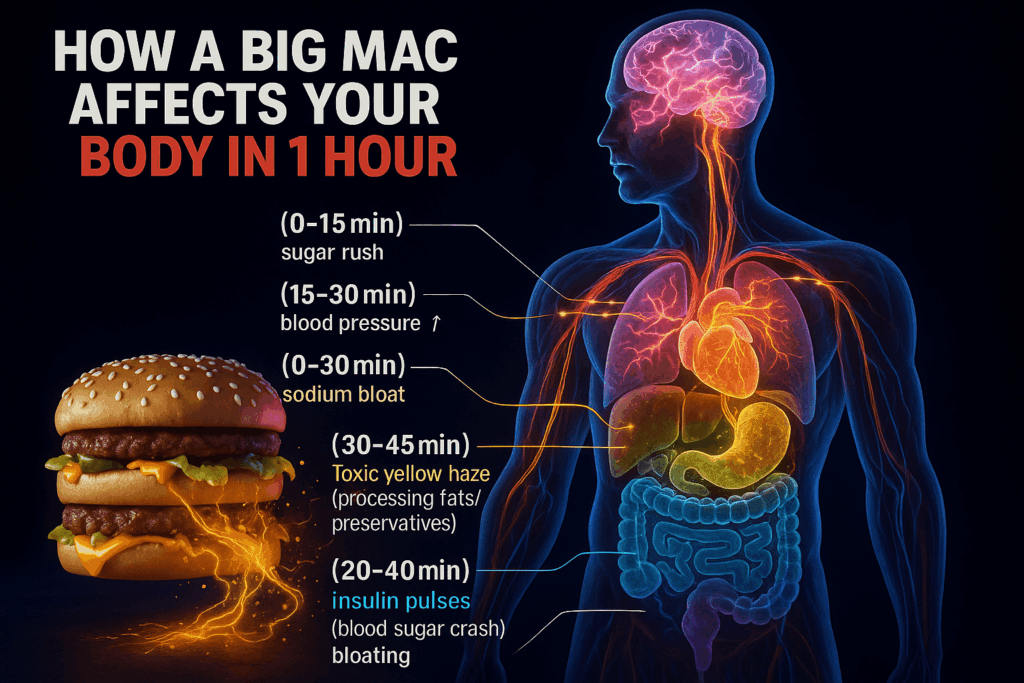Wheat is such a commonly accepted part of our diet that it is hard to believe that it is the cause of so many of our health problems. But when we look at the way our diet has changed even over the last hundred years and the effect that has had on obesity and diet-related diseases it is obvious that something is seriously wrong. Worldwide there are approximately more than one billion people who are either overweight or obese. And in the United States, this figure is some 64% of the population.
When we compare ourselves to Palaeolithic men, who had very low body fat and with none of the many health problems such as heart disease or cancer that we now suffer from, we may ask where we started to go wrong.
The answer lies with the rise of the agricultural revolution which began 10,000 years ago and has been magnified in the last one hundred years with the virtual removal of fresh vegetables and fruits from many people’s diets. The fact is that we are not designed to eat wheat. Man has been living on the earth for over half a million years but he has only been eating wheat grains as a predominant part of his diet for just under 10,000. Evolution does not work this quickly and our bodies have not had time to adapt. Unlike cows which have four stomachs, humans only have two. So while a cow has no problems dealing with wheat, humans are less able to do so.
Table of Contents
Digestive Issues
Wheat is a grain that is found in many different types of foods. It is a common ingredient in bread, pasta, and other baked goods. Wheat can cause digestive problems for some people. The gluten in wheat can be difficult for the stomach to digest. People who are gluten intolerant may experience stomach cramps, bloating, and diarrhea after eating wheat. There are also some people who are allergic to wheat. These people may experience hives, swelling, and breathing problems after eating wheat products.
Inflammation
Wheat is one of the most popular grains in the world, but it may also be one of the unhealthiest. That’s because wheat can cause inflammation, a condition that leads to a variety of health problems.
Inflammation is your body’s natural response to injury or infection. It’s what makes your ankle swell up after you twist it, for example. But when inflammation becomes chronic, it can damage your body’s tissues and lead to all sorts of health problems.
Studies have linked chronic inflammation with conditions like heart disease, arthritis, and diabetes. And some experts believe that wheat may be one of the main causes of inflammation in the modern diet.
That’s because wheat contains a substance called gliadin. Gliadin can trigger an immune response in your body, which leads to inflammation.
Also wheat is high in carbohydrates and low in fiber, both of which can also contribute to inflammation. Also when wheat is processed into foods like bread and pasta, it becomes even more inflammatory.




